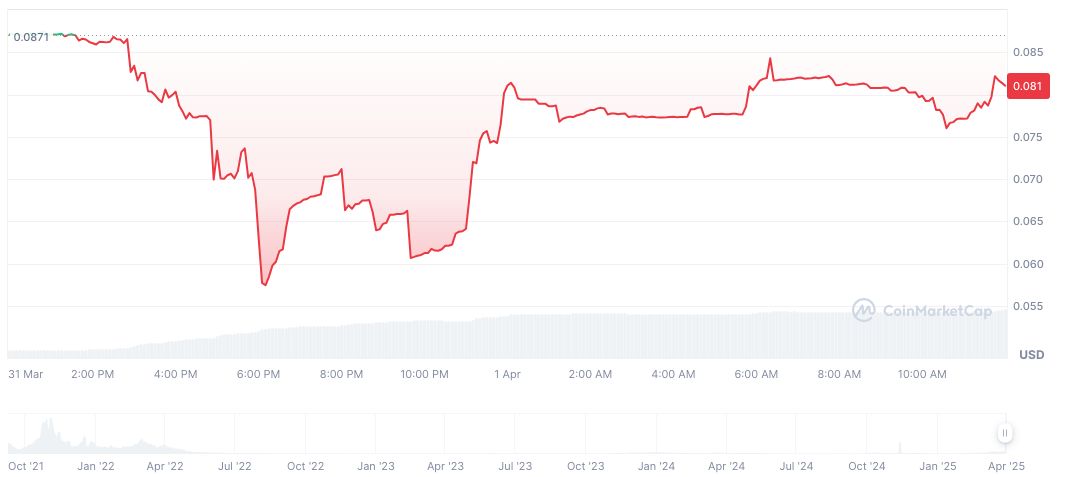 CaryptosHeadlines Media Has Launched Its Native Token CHT.
Airdrop Is Live For Everyone, Claim Instant 5000 CHT Tokens Worth Of $50 USDT.
Join the Airdrop at the official website,
CryptosHeadlinesToken.com
CaryptosHeadlines Media Has Launched Its Native Token CHT.
Airdrop Is Live For Everyone, Claim Instant 5000 CHT Tokens Worth Of $50 USDT.
Join the Airdrop at the official website,
CryptosHeadlinesToken.com
- Binance’s leverage limit adjustment led to a 50% ACT price decline.
- Leverage adjustment caused major market movement.
- Expert calls for better exchange communication.
During the intraday session on April 1, Binance adjusted the leverage position limits for the ACT token, leading to a 50% price drop. This adjustment affected the cryptocurrency market, leading to unintended liquidations for key market participants.
The incident underscores the critical role of communication and transparency between exchanges like Binance and market participants. As reported by BlockBeats, Benson Sun, a notable cryptocurrency figure, emphasized the need for pre-emptive communication to prevent severe market impacts.
Binance’s ACT Leverage Limits Cause 50% Price Drop
Binance’s adjustment of leverage limits for ACT created a notable shift in the crypto landscape. As a result, market makers holding positions beyond the new constraints faced liquidations, significantly influencing market stability. Immediate implications include a stark price difference between contract and spot markets. Market reactions revealed dissatisfaction among traders, with Benson Sun urging Binance to enhance stakeholder communication. He highlighted, “Binance should notify stakeholders about such impactful changes to mitigate market disruptions.“
The adjustments have led to increased debates about exchange policies and their regulations. Potential regulatory scrutiny could reshape the crypto investment landscape.
Impact of ACT Price Movement and Expert Insights
Did you know? Crypto leverage adjustments have historically led to market instability, underscoring the crucial balance between innovation and regulation.
Acet (ACT) is priced at $0.08, according to CoinMarketCap. The token underwent a 17.12% price increase in 24 hours, amid a general trend of significant gains over recent months. The market cap stands at $100.33 million, with a 24-hour trading volume of $846,000, marking a 13.37% decline.


The Coincu research team anticipates potential regulatory scrutiny following this market incident. Enhanced risk management strategies could be pivotal in preventing similar disruptions, thereby ensuring smoother market operations.












